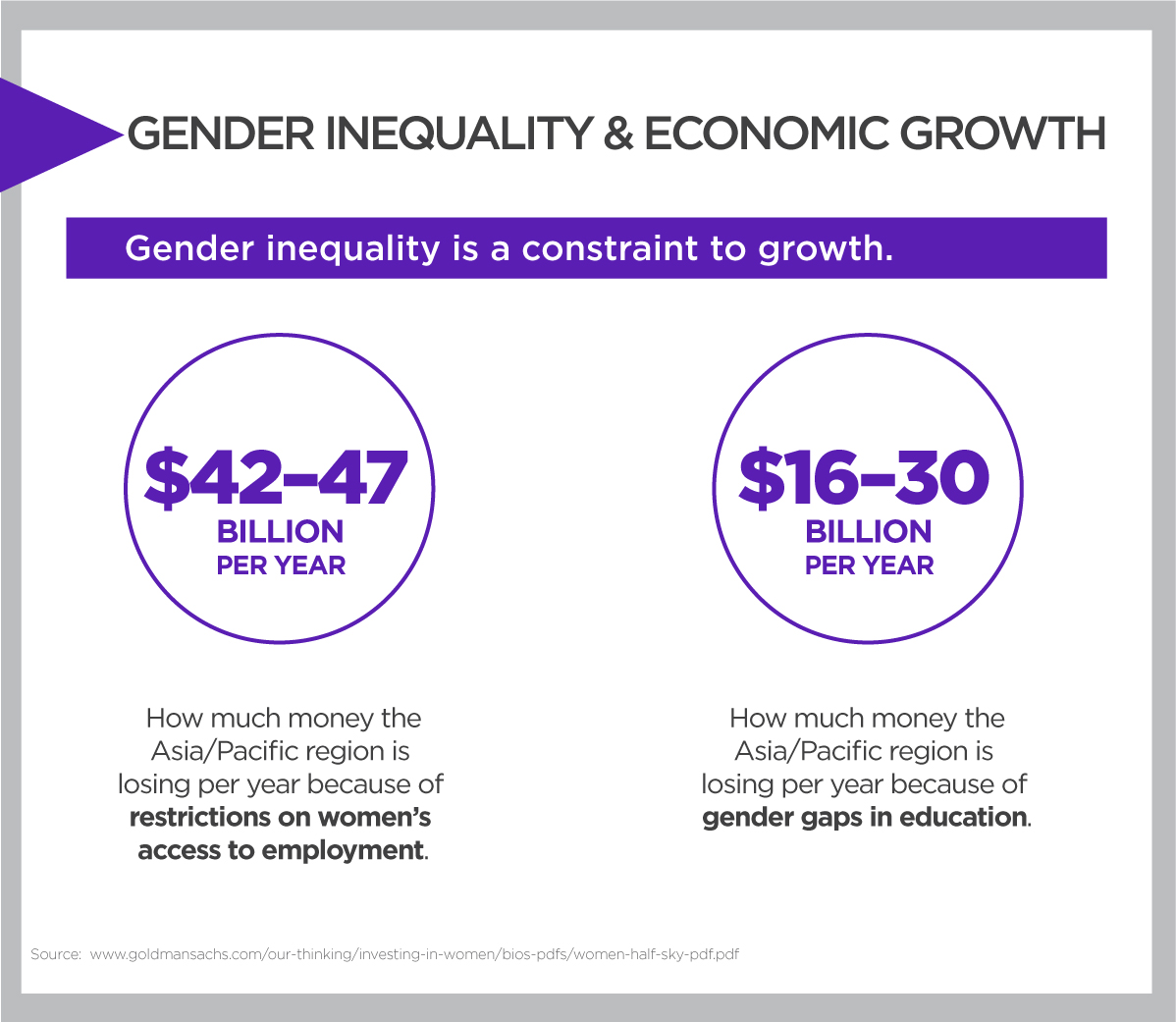These lessons and new evidence on poverty and development present important implications for MCC:
- MCC should work to expand gains from its poverty reduction model. This means: (a) identifying and supporting strategies for accelerating growth that are shaped by the latest and best evidence, and (b) helping the poor, women, and marginalized groups participate more in the benefits. The two objectives should be mutually reinforcing.
- Working with Congress, MCC should review its statutory country income eligibility criterion in order to assess whether it is using the best data available to identify high-poverty countries.
- MCC should aim to help governments sustain and expand the benefits of compacts through supporting reforms and better governance systems that outlive the five-year compacts.
- MCC can help partner countries reap greater growth gains by supporting their work to integrate regional markets and by investing its own resources on a regional basis.
- MCC needs to work more systematically to build local governance systems—both to reach the poor and to help countries that want to build strong decentralized governance.
- MCC can do more to engage and partner with the private sector as a critical source of finance, ideas, commercially viable business models, data-driven decision-making, and scaling capacity.
- MCC must remain an innovation leader and help governments and the private sector deploy innovations in bridging the digital access divide, technology, data, and business solutions that strengthen development effectiveness, accelerate growth, and connect the poor to opportunity.
- MCC must remain a leader in gender integration and inclusive growth, helping countries realize sustainable economic gains driven by greater gender and social inclusion.

- MCC should approach climate change in ways that advance the mission of poverty reduction through growth, helping countries become more resilient and manage climate risks, as well as seizing sustainable growth opportunities that reach and benefit the poor.
- MCC needs to ensure that it has the institutional strength and capacity and high caliber workforce needed to drive innovation in its operations and broaden its impact, as well as the knowledge management platforms necessary to share learning internally and externally.

